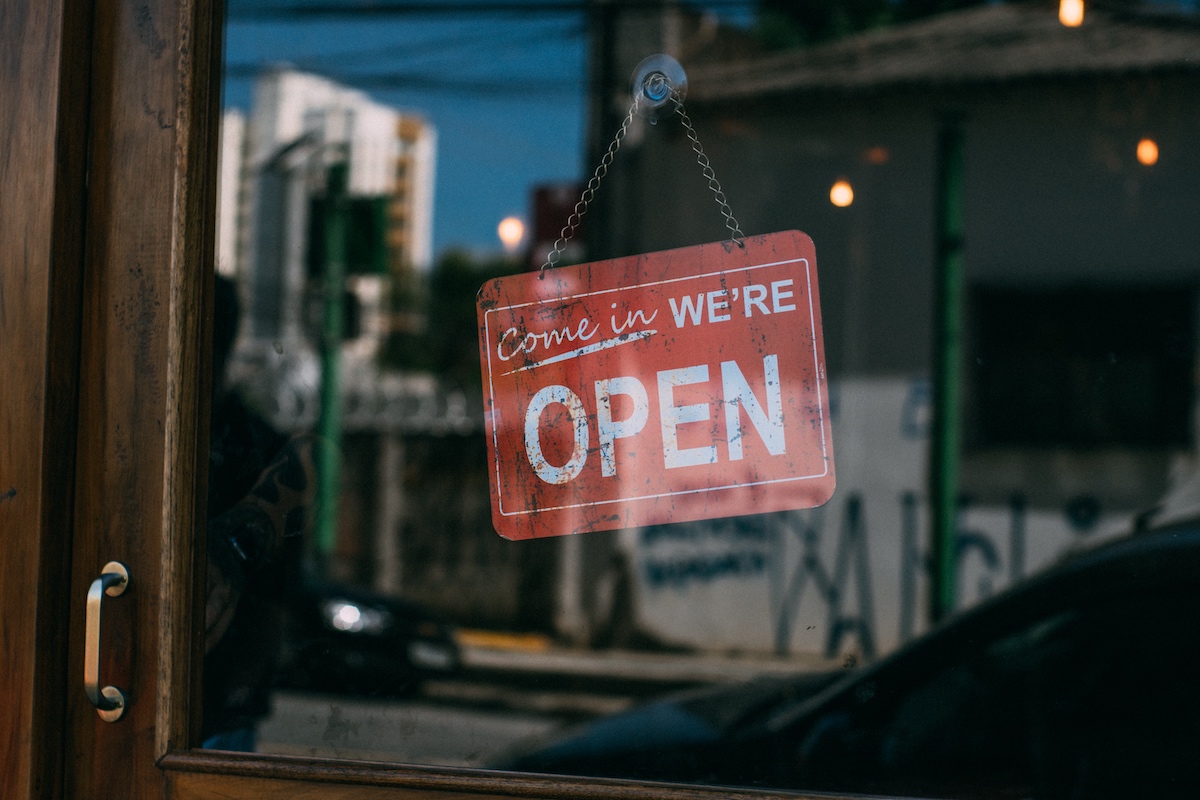Pittsburgh just earned a new ranking for business ownership. It’s not one the region should be proud of.
Earlier this month, online lending marketplace LendingTree published a new study on places with the most Black-owned businesses in the United States, based on data collected from the US Census Bureau Annual Business Survey. Pittsburgh ranked the lowest out of the 50 American metros listed, with a mere 1.0% of small businesses being Black-owned — a percentage that falls below the national Black business ownership rate of 2.4%.
The percentages in the LendingTree study for each place were calculated by finding the amount of Black-owned businesses within the total amount of businesses in a metro area. Business ownership was defined as anyone who has a stake of 50% or more in a company’s stock or equity.
See the reportIn Pittsburgh, only 428 out of a total 41,379 businesses were Black-owned, a statistic that put the region below San Diego, Providence, Seattle and Phoenix in terms of Black-owned business percentage. All of these metros, the study pointed out, also have Black population percentages that are lower than the national average of 12.8%. (The Pittsburgh metro’s population is 8% Black.) That means that the metros with the lowest percentage of Black-owned business also tended to have smaller Black populations.
That context wasn’t a comfort to some local technologists like Meter Feeder cofounder Jim Gibbs, who took to Twitter to sarcastically celebrate Pittsburgh’s bottom ranking. Gibbs’ sentiments were retweeted by other prominent voices in the local tech community, such as tech startup-focused lawyer Derrick Maultsby, Jr.
While the LendingTree study didn’t focus solely on the tech industry, there’s some overlap. Within the data collected for the study, 13.3% of total Black-owned businesses nationally fell within the professional, scientific and technical services industry, accounting for the second largest number of Black-owned businesses after the health care industry.
Hey Pittsburgh, we won! We have the lowest percentage of Black-owned businesses! 🤦🏾♂️
Support @CocoaPreneurPgh!https://t.co/M6All54x0J
— Jim Gibbs (@heezo) February 14, 2022
News of Pittsburgh’s low Black ownership rate is disappointing but perhaps not surprising. It aligns with criticisms that Gibbs himself shared with Technical.ly for a story on income disparities in Pittsburgh last year.
“It’s a difficult hurdle to get over, in order for us to start that flywheel and get that process of wealthy Black Americans in Pittsburgh, who understand the startup ecosystem, in order to invest in the next generation of startups,” he said at the time, in response to a question of why broader tech success in Pittsburgh hasn’t been felt as much by local minority populations. “It’s going to take a bit. And, you know, I feel like we’re just going to continue to bleed Black talent, and people are just going to continue to move away until we figure it out.”
His comments allude to the exodus of about 7,000 Black residents from Pittsburgh in the decade spanning 2009 to 2018 and a lack of accessible pathways for Black entrepreneurs to grow companies, or even become venture capitalists who can give that wealth back. Despite the work of groups like Black Tech Nation, Gibbs said, there remains a persistent problem in Pittsburgh when it comes to lifting up Black founders.
A report came out yesterday ranking Pittsburgh last in % of Black owned businesses, 1%.
Cities like Miami, Tulsa, Austin & others will keep winning because they support their entrepreneurial ecosystem.
Where you decide to build makes a big difference.
— Brandon Brooks (@OfficialBBrooks) February 14, 2022
Former Pittsburgh resident and current Overlooked Ventures Founding Partner Brandon Brooks also shared frustration on Twitter about the study’s findings.
“Even in todays age of virtual meetings, local ecosystem support is pivotal for early stage founders to help get them off the ground. Some cities recognize this & support,” he wrote in a thread. “Others don’t.”
His comments and more suggest that while Pittsburgh startups find success in some realms — most notably with recent raises from companies like Metafy or Mindstate Design Labs — others still struggle to garner enough local support to really grow. Josh Fabian, Metafy’s cofounder and CEO, even said he felt his success came down to a combination of hard work and luck. And the region will need more than luck to build up from these dismal statistics.
Sophie Burkholder is a 2021-2022 corps member for Report for America, an initiative of The Groundtruth Project that pairs young journalists with local newsrooms. This position is supported by the Heinz Endowments.Before you go...
Please consider supporting Technical.ly to keep our independent journalism strong. Unlike most business-focused media outlets, we don’t have a paywall. Instead, we count on your personal and organizational support.
Join our growing Slack community
Join 5,000 tech professionals and entrepreneurs in our community Slack today!

The person charged in the UnitedHealthcare CEO shooting had a ton of tech connections

From rejection to innovation: How I built a tool to beat AI hiring algorithms at their own game

Where are the country’s most vibrant tech and startup communities?


